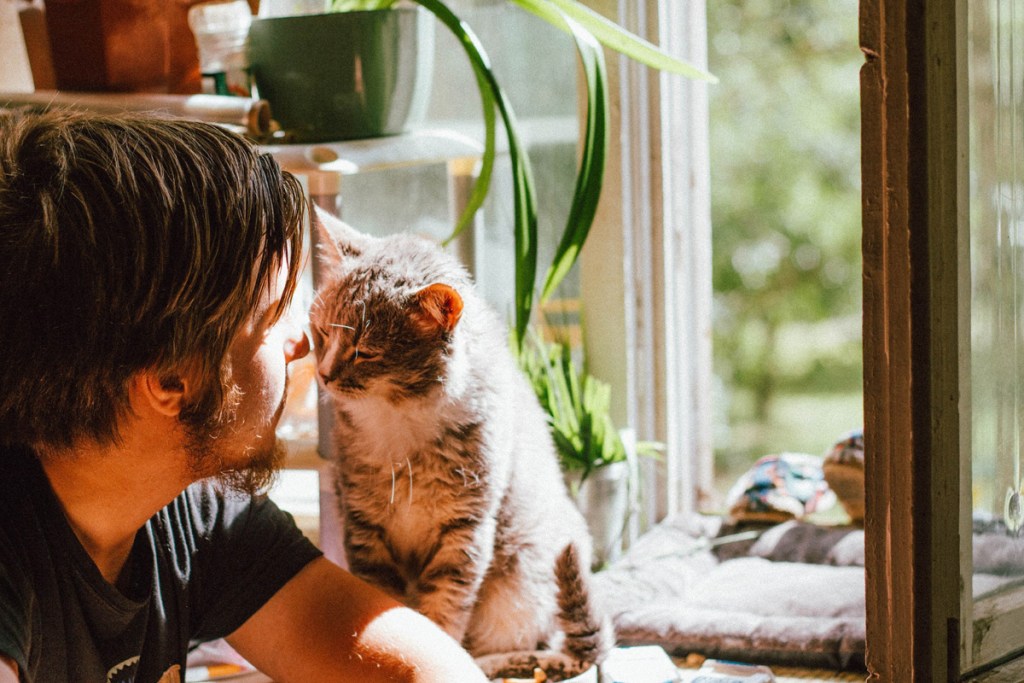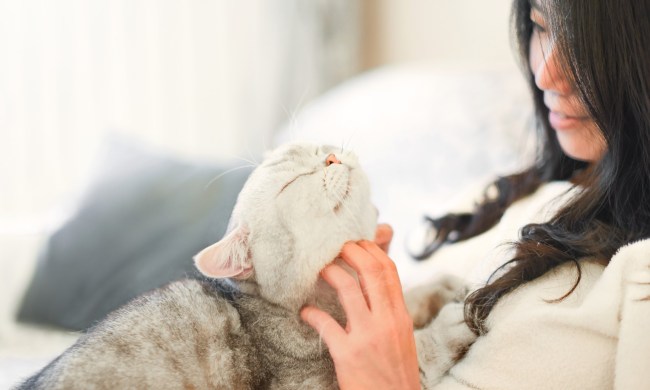When you adopt a pet from a reputable shelter or rescue, you’ll be asked to fill out a preadopt form. One of the questions on that form will ask if you understand the cost of caring for a pet, including health care. Because veterinary expenses can quickly add up, shelters want to know that you can cover those costs if the need arises. Pet insurance can go a long way in helping with these expenses. Many pet owners believe they won’t be able to get health insurance for a rescued pet, but that’s not true.
Is it harder to get pet insurance for rescue pets?
Your pet’s age, preexisting conditions, breed, and health record all help determine how much you’ll pay in premiums when signing up for pet insurance. When you purchase from a breeder, your pet will come with papers, including a detailed health record.
But what if you adopt your pet from a shelter or rescue group? Luckily, insurance companies don’t discriminate against rescued pets. In fact, some pet insurance companies encourage and support pet rescue by donating money to animal welfare nonprofits and partnering with rescues and shelters. For example, Embrace Pet Insurance partners with Best Friends Animal Society to offer discounted policies to anyone who adopts a pet through the organization. The company also partners with shelters and rescues nationwide to offer special packages for rescue pets.

Information you need when insuring a rescue pet
Depending on the pet you’re adopting, there may or may not be a lot of information on the animal’s background. If you’re lucky, the previous owners will have provided the shelter or rescue with a detailed history of the pet. They might even have surrendered the pet’s health records. However, it’s more likely that you won’t know a lot about your new pet’s background.
Many shelters and rescues have their animals checked by a veterinarian before putting them up for adoption. These health checks provide shelters with an estimated age, a guesstimate as to breed or breed mixes, and any current health issues. Be sure to get the results of these health checks along with the name of the veterinarian and animal hospital that performed the wellness exam. This is information you can provide to the insurance company when determining the best health care package for your pet.
What if the shelter doesn’t have health records?
If the shelter cannot provide you with a health status from a veterinary professional, that doesn’t mean you can’t get your pet insured. As soon as you adopt your new friend, go to your veterinarian for a wellness check. This will provide you the information you need to reach out to a pet insurance company. The insurance company will want to know if your rescue pet has any preexisting conditions and will look to the results of a wellness exam for this information.
Preexisting conditions within the pet insurance industry are typically divided into curable, chronic, and breed-specific categories. These are significant health conditions that your pet has before you enroll him in insurance coverage. Typical preexisting conditions not covered by insurance companies include:
- Cancer
- Heart disease
- Arthritis
- Urinary blockages
- Epilepsy
- Diabetes
Most insurance companies see pets with preexisting conditions as risky investments. Some companies won’t cover preexisting conditions at all, while others may cover curable conditions once a pet is symptom-free for a specified length of time. But just because a company won’t cover your rescued pet’s preexisting condition doesn’t mean you can’t find a health insurance package to work for you.
The sooner you get your pet insured, the better
If you’re considering health insurance for your newly adopted pet, the key is to get the insurance as soon as possible. The longer you wait, the greater the chances your new animal companion will have a preexisting condition that won’t be covered. There’s no shortage of pet insurance companies, and they offer a variety of coverage options. Best Friends Animal Society offers a roundup of pet insurance companies to help with your research. Just as with health insurance options for humans, there are numerous pet insurance plans. Some cover accidents but not illnesses. One policy might cover cancer treatment, while another may not. Many companies also offer wellness coverage plans that help cover the cost of regular exams and preventive treatments that your pet needs to stay healthy.

To find the best insurance company for your pet, ask family and friends who they use and if they are happy with the services. You can also get a recommendation from your veterinarian. Research the recommended companies online and compare the various policies to find the right option for your newest family member.
Pet insurance may not be for everyone. If you have a budget that includes emergency funds for pet health care, then health insurance might not be the right choice for you. However, not everyone can afford to budget for a pet’s medical needs. Nobody wants to be in the heartbreaking position where they can’t afford the health care needed to save a beloved pet’s life. Health insurance gives you peace of mind knowing you can provide your animal companion with the best care possible to keep him healthy and happy.



